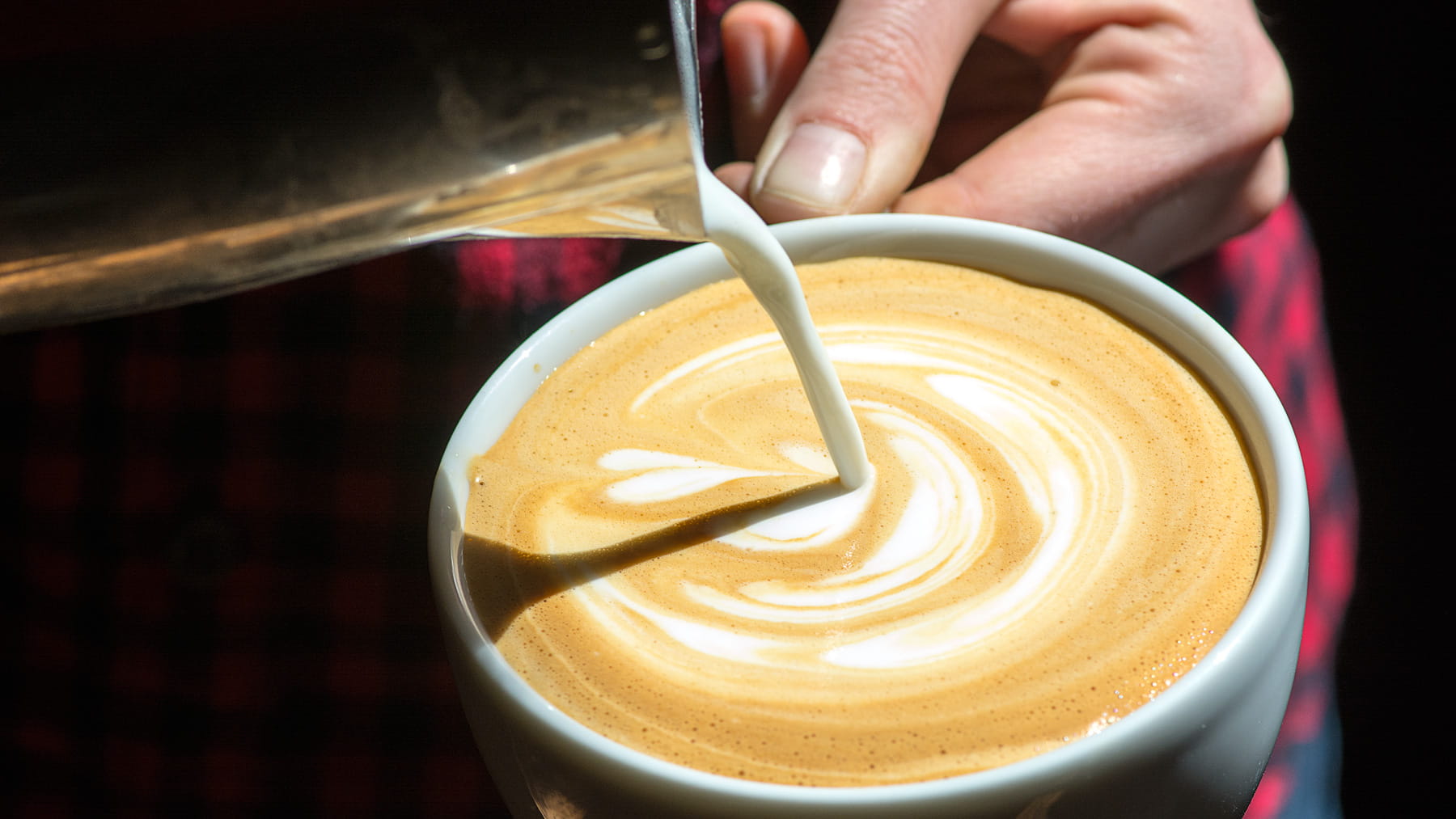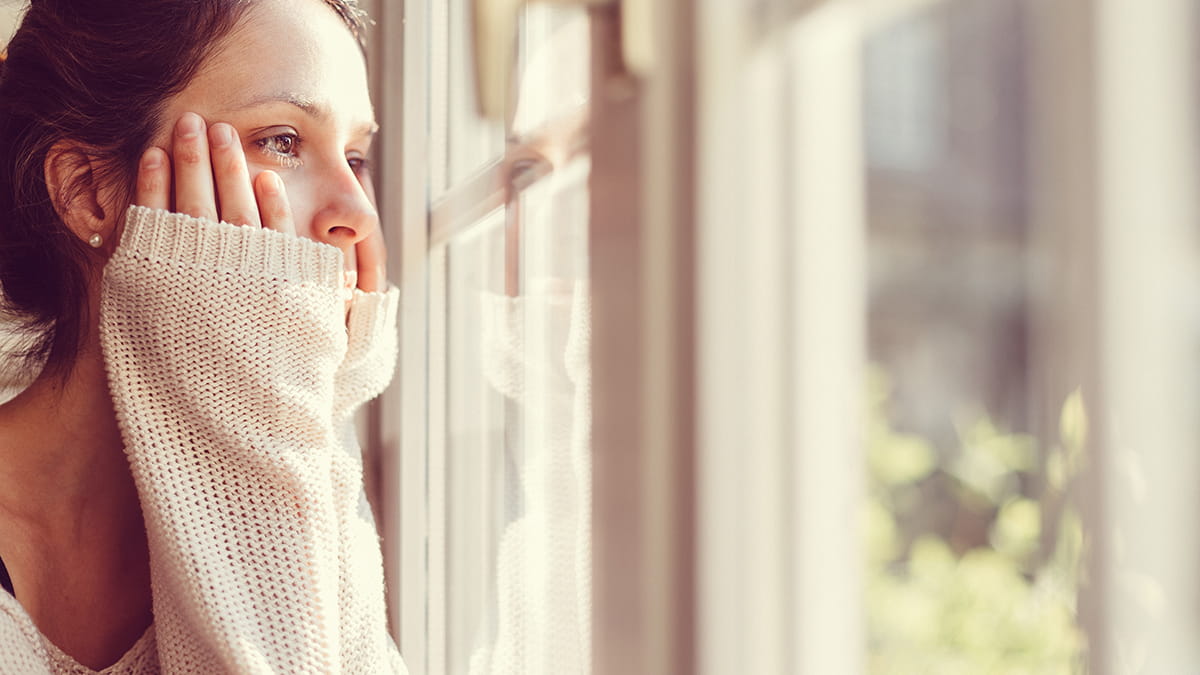Feeling jittery? Caffeine withdrawal is a mental disorder
 If you’re a regular coffee drinker, there’ll be times when a hot cup of java becomes frustratingly unavailable.
If you’re a regular coffee drinker, there’ll be times when a hot cup of java becomes frustratingly unavailable.
You ran out and forgot to stock up. You’re late for a meeting and don’t have time to buy a cup. You’re away from home and for some reason there’s no coffee around. Or tea or soda or energy drinks.
If you get the jitters, your reaction might be, “I need my coffee. I’m addicted to caffeine.”
Caffeine is an addictive substance, but there isn’t a recognized caffeine use disorder. So there technically is no such thing as a caffeine addiction, according to the Diagnostic and Statistical Manual of Mental Disorders, a physician’s reference guide. However, it does recognize caffeine withdrawal as a mental disorder.
Published by the American Psychiatric Association, the guide provides standard criteria for the classification of mental disorders. It defines use disorders in terms of 11 criteria and, to be classified as a use disorder, you must have two of the 11. Caffeine use disorder is in the Conditions for Further Study section, as it currently doesn’t qualify as a use disorder, in which one’s life would be disrupted. But it’s under investigation, and researchers are looking for more evidence to see if it should be classified as a use disorder.
To clarify, the American Society of Addiction Medicine says an addiction will include such things as “an inability to consistently abstain,” or “impairment in behavioral control,” or “significant problems with one’s behaviors.” In short, addiction or use disorder is a problematic pattern of behavior, which impairs relationships and is difficult to control. We don’t currently recognize this for caffeine, but we’re looking into whether this should be the case for some people.
One reason some people enjoy caffeine is that it increases the level of dopamine your brain produces – that’s the “feel-good” neurotransmitter that provides a temporary euphoric feeling. No wonder we like it.
However it’s classified, our bodies certainly can suffer from caffeine withdrawal when we’re cut off from our caffeine source. Irritability, headaches and a noticeable fatigue or drowsiness are examples of how you might feel. If you’ve become reliant on your morning caffeine, you might experience some of the following symptoms if you go cold turkey:
Headaches
We all know what that feels like, and you can suffer from somewhat severe headaches if you suddenly cut off caffeine.
Marked fatigue or drowsiness
Obviously, caffeine provides a temporary pick-me-up and, without it, you might feel like you have to snooze.
Anxious mood, depressed mood or irritability
“I can’t function without my morning coffee!” some people might shout. Once you become dependent on coffee, you might be severely cranky until you get your morning cup. Because caffeine elevates your mood, you might experience a depressed feeling when you’re without it.
Difficulty concentrating
When you consume caffeine, your adrenaline level gets a temporary boost. Your heart rate increases and your brain is stimulated. That makes it easier to concentrate on what you’re doing. Go without it, and you might have that “scatterbrained” feeling.
Flu-like symptoms, such as nausea or muscle pain
This is a somewhat severe reaction, but some people actually can feel symptoms such as nausea or a stuffy nose without caffeine.
If you’re a heavy caffeine user and want to eliminate or reduce your intake, here are some suggestions:
Take your time: Slowly reduce the amount of caffeine you consume daily to lessen the withdrawal symptoms. If you make coffee at home, start by cutting back 1/4 cup every three days. Otherwise, order a smaller size than your usual.
Go for decaf: If you enjoy a warm beverage in the morning, swap caffeinated drinks for herbal tea, hot chocolate or decaffeinated coffee. If going cold turkey seems too hard, brew a blend of regular and decaf.
Drink more water: Water down drinks that contain caffeine or simply drink water. Water naturally flushes caffeine from your body and keeps you hydrated.




